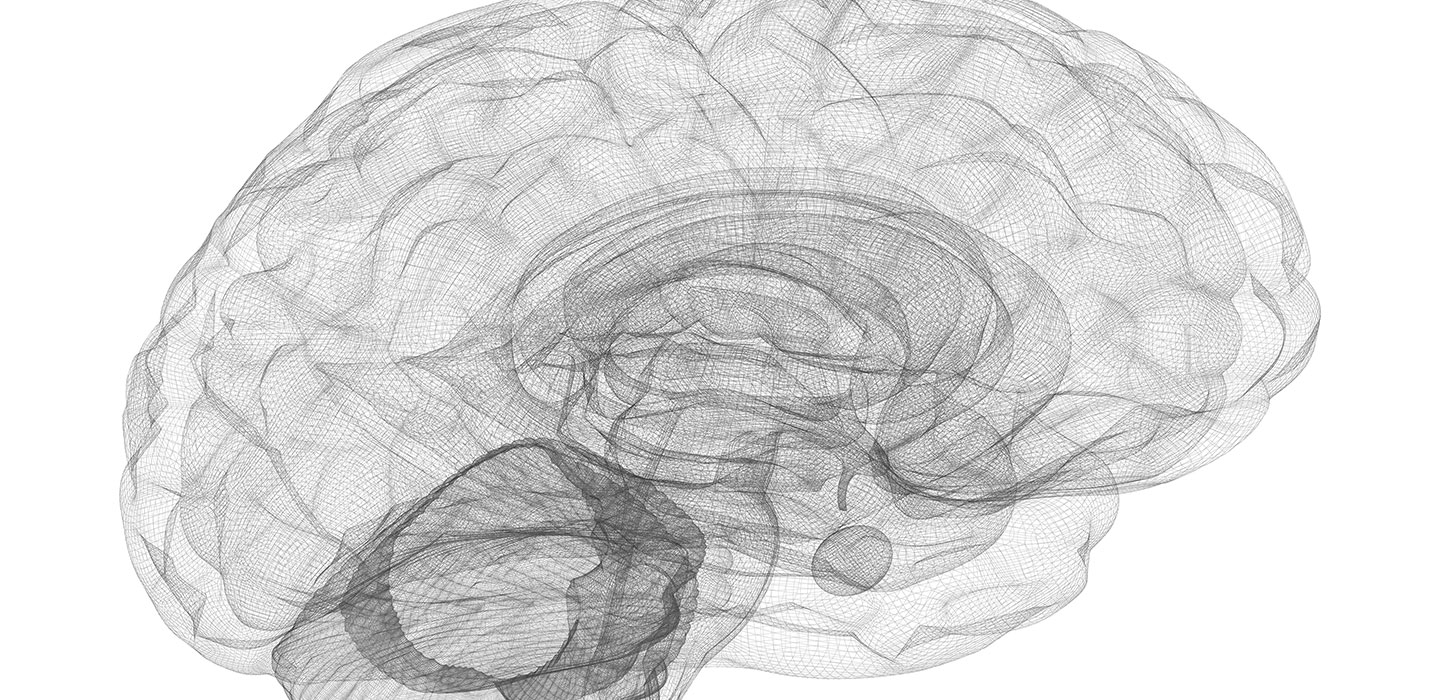Could Anti-Inflammatory Meds Prevent Immune-Linked Brain Disorders?
Could Anti-Inflammatory Meds Prevent Immune-Linked Brain Disorders?

A new study in mice suggests that anti-inflammatory medications may be of some value in preventing brain disorders such as schizophrenia in which nervous system inflammation during early development of the brain is a specific risk factor in causation.
In recent years accumulating evidence suggests that immune mechanisms can have significant influences on the developing brain. Even before birth, exposure to inflammation may well have consequences later in life. Previous research has shown that the offspring of mice whose immune systems were activated because of a mother’s infection during pregnancy have higher risk of developing behavioral abnormalities in response to stress later.
In the new study, researchers explored whether giving the mice an anti-inflammatory drug called minocycline when they are young would block stress-induced inflammatory responses and prevent the emergence of behavioral problems in adulthood.
The study, published April 5, 2016 in Translational Psychiatry, was led by Urs Meyer, Ph.D., of the University of Zurich and included Joram Feldon, D.Phil., of ETH Zurich and a 2009 NARSAD Distinguished Investigator grantee, as well as Marco Andrea Riva, Ph.D., of Università degli Studi di Milano in Italy, a 2001 NARSAD Young Investigator grantee.
The researchers gave pregnant mice an injection of a virus-mimicing chemical to activate the maternal immune system. They then exposed the young offspring to stress before they reached puberty. To some of the young mice, however, the researchers also administered an antibiotic that has immune-suppressing effects, in order to counteract the effects of stress-induced inflammation.
The team found that exposure to mother’s immune activation followed by stress later in the offspring’s youth led to markers of behavioral abnormalities when the mice grew up. In contrast, the mice treated with antibiotic during stress exposure did not develop behavioral problems after puberty.
These findings, the scientists say, should encourage attempts to explore the use of anti-inflammatory and/or immune-suppressing agents for preventive reasons, especially for brain disorders such as schizophrenia that are linked with inflammation in the nervous system and have a delayed onset in adulthood.



